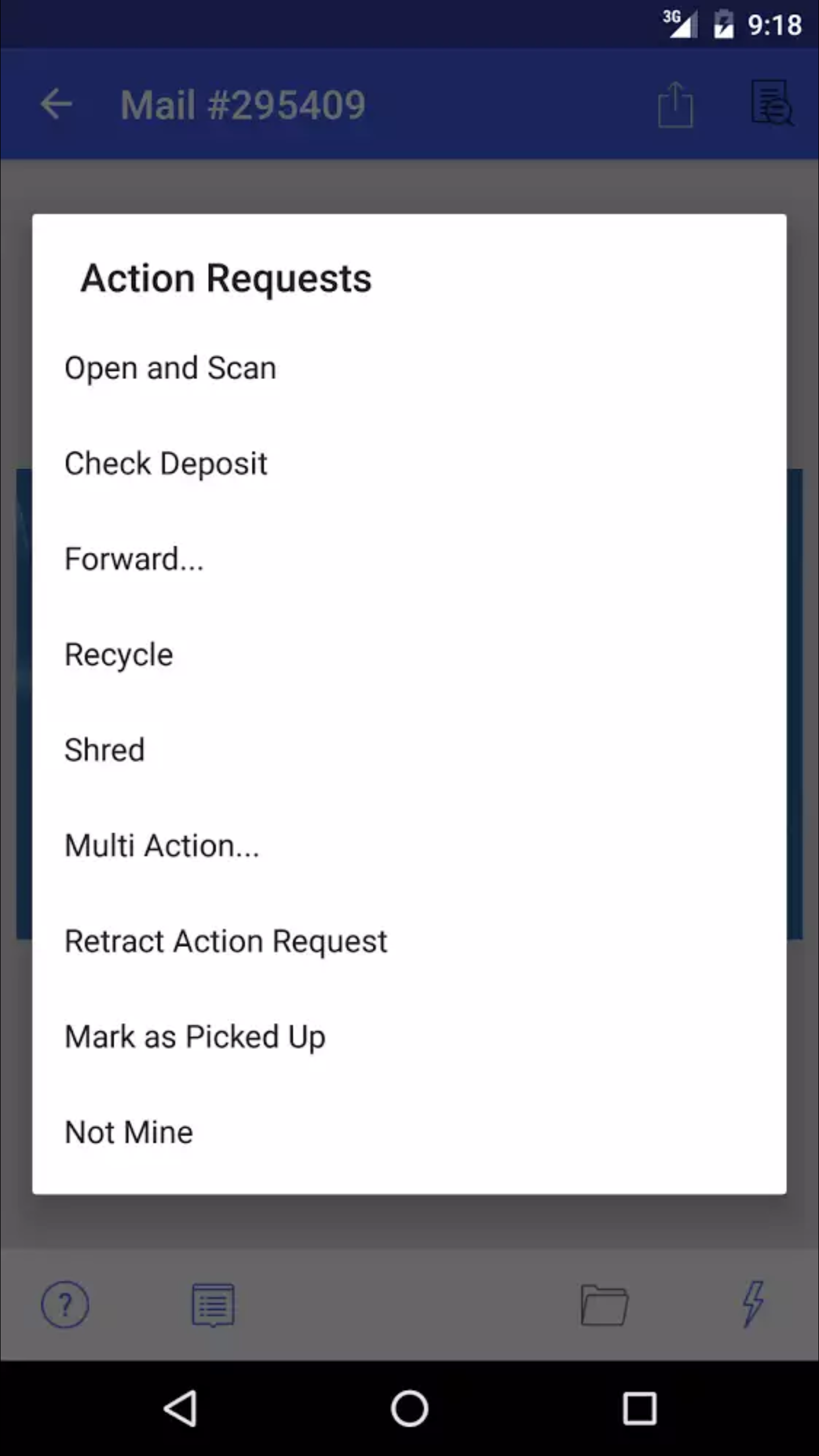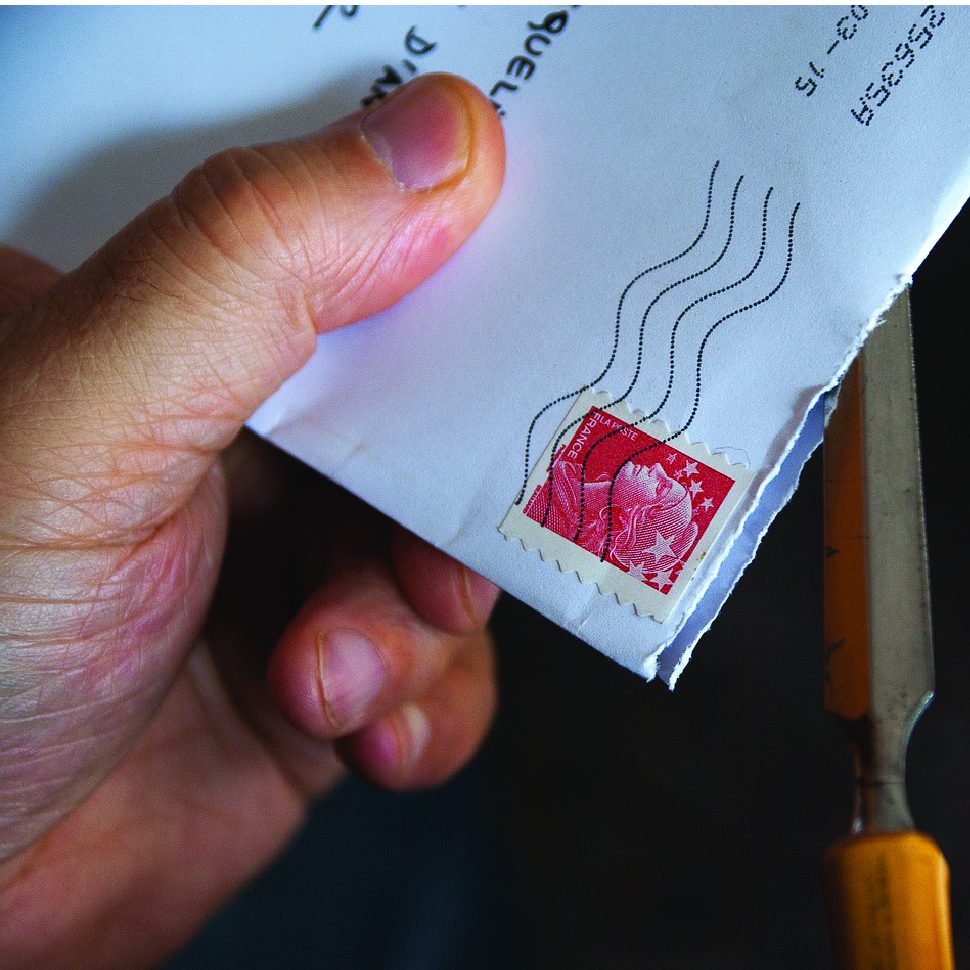Anytime Mailbox cofounder and digital nomad Marcel Buechi tells a story of hiking up 400-foot sand dunes in the Gobi desert in Mongolia, not worrying about whether he had received that check he was waiting for or not.
Why, you’re asking?
He knew he’d be notified by the service he helped create when the check arrived.
A player in the growing digital mail industry, which also includes Earth Class Mail, SphereMail and many other providers, Anytime Mailbox offers a range of mail services, from opening mail, scanning it, and making it available to customers, to forwarding it, depositing checks, and shredding select mail.

As demand for digital mail grows, coworking space operators would be wise to consider offering the service. Digital mail can be handled through the growing field of third party platforms and it adds another offering for members. It’s also an additional revenue stream for space operators because it’s a value-added product.
Frank Cottle, chairman and CEO of the Alliance Business Centers Group, explains that everyone selling a coworking plan that does not include an address and mail-handling services is missing out around $39 to $139 additional dollars per month.
If a space operator has 200 members, but they’re not providing mail services, they’re missing out on an average of $17,800 per month.
Cottle adds that operators are “failing to use the value of their address.” In his experience with Alliance, few coworking space operators do virtual mail properly and “the community of coworking centers, at large, isn’t necessarily providing that service.”
Doing Mail Services Right
As a coworking space operator, even if you only offer mail holding services, there are postal regulations you need to follow.
The first step is to register with the U.S. Postal Service as a commercial mail receiving agency (CMRA). Then, in the U.S., coworking space members have to sign a form and show two forms of identification to authorize the space to receive their mail. Mail receiving requirements in other countries vary.
Becoming a CMRA is essential for shared workspace operators. Receiving mail without CMRA status violates federal laws and puts the space (and members) at risk of not being able to receive any mail at that address if their space is found to be in violation of USPS rules.
“People haven’t been caught yet, so they don’t think it’s a problem,” says Cottle. “But it’s a gross irresponsibility on behalf of the community operators serve. If you’re going to receive mail, you have to do it right.”
“If you’re going to receive mail, you have to do it right.”
Cottle also cautions that coworking space operators need to have a safe place to store mail. “You can’t just throw it in a cubby,” he says, “it has to be secure.”
Digital Mail Offerings
Many coworking spaces offer members a mailing address and they hold mail until the member comes to pick it up. Some will forward the mail to members out of the area.
Digital mail, however, takes snail mail out of the equation, with options to open, scan and send the mail electronically to members. As the number of location-independent professionals grows, this becomes an increasingly-important offering.
As Nathan Jansch, from Boardroom Executive Suites in Denver, Colorado, told Allwork.space, “[A] digital mailbox helps us to stay relevant and provide a more efficient service to our clients…We do everything on our mobile devices, so why not manage mail too?”
Shifting Membership Base
As the coworking industry continues to grow and evolve, the member bases in shared workspaces have also grown and shifted. Spaces are now home to more small and medium-size businesses, as well as corporate clients and the freelancers and independent professionals that have been part of the coworking movement from the start.
For coworking space operators looking to serve the needs of this expanding coworking member base, as well as create an additional revenue stream, digital mail is well worth taking a serious look at.
















